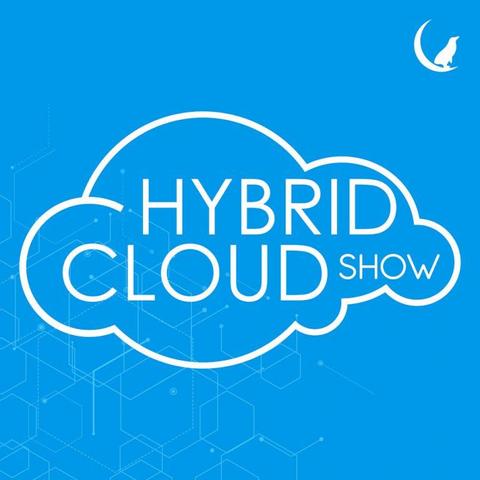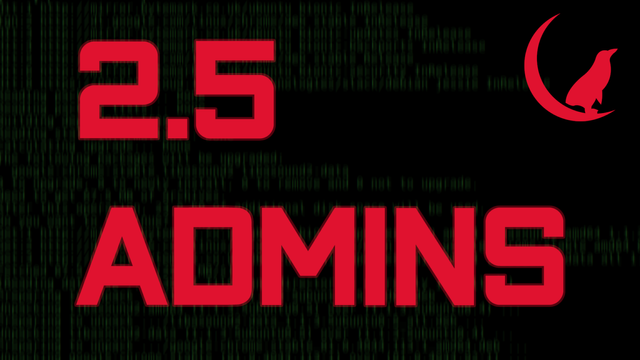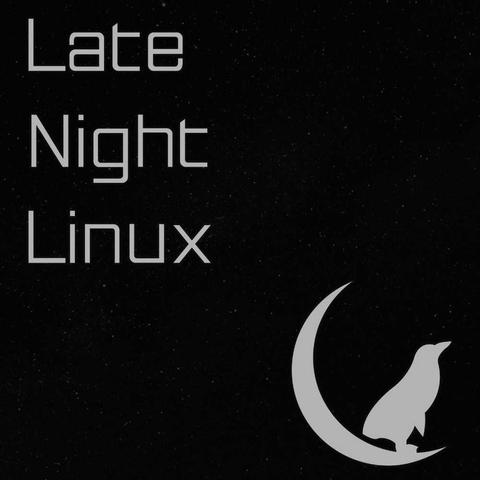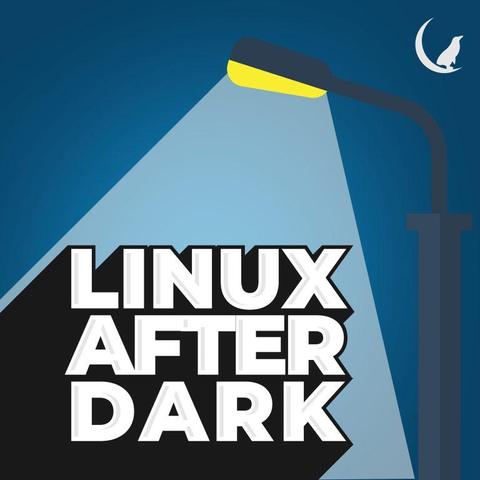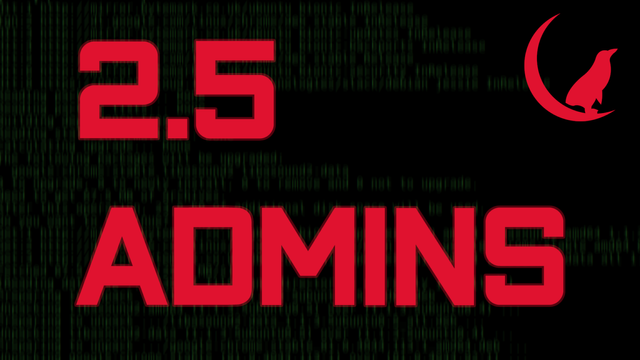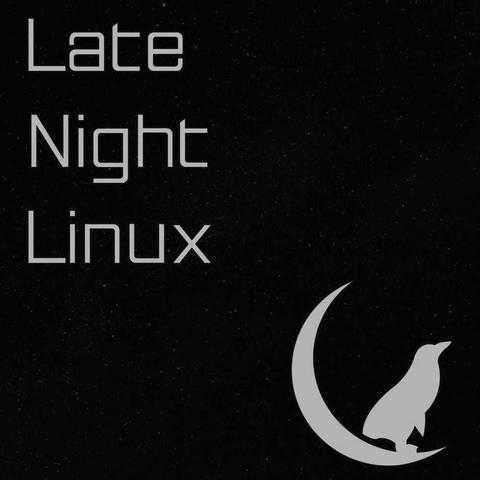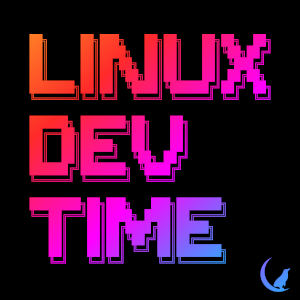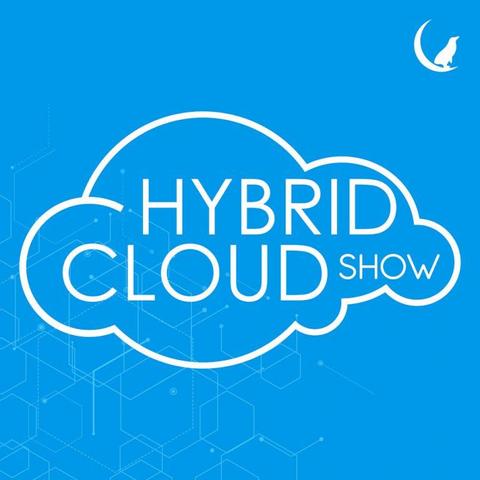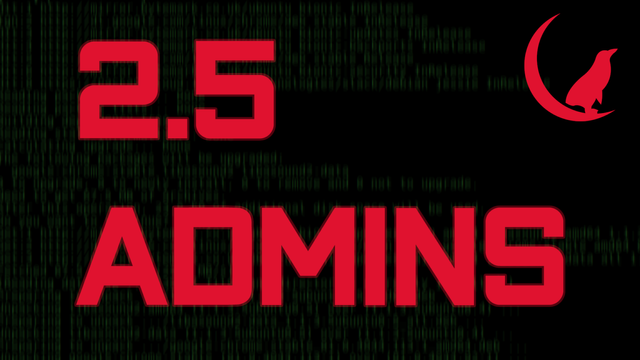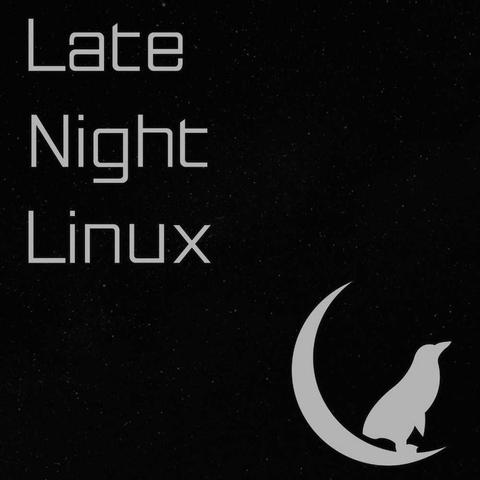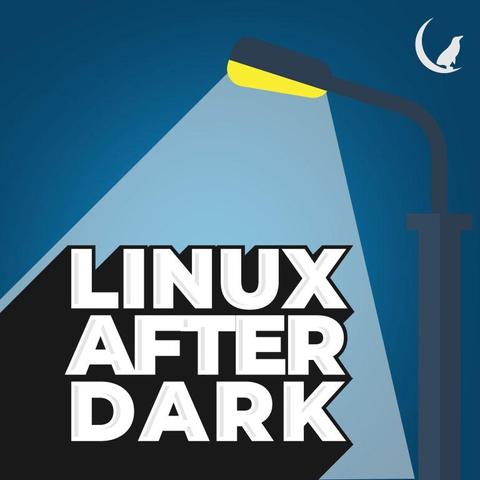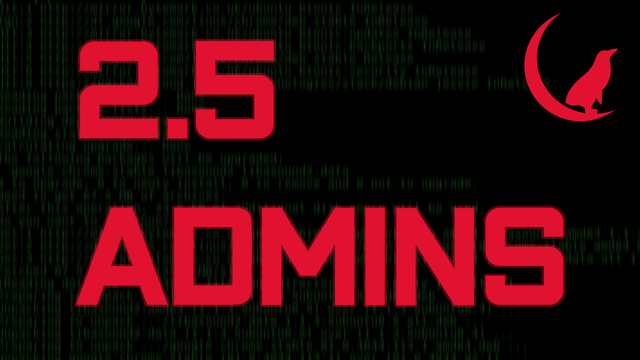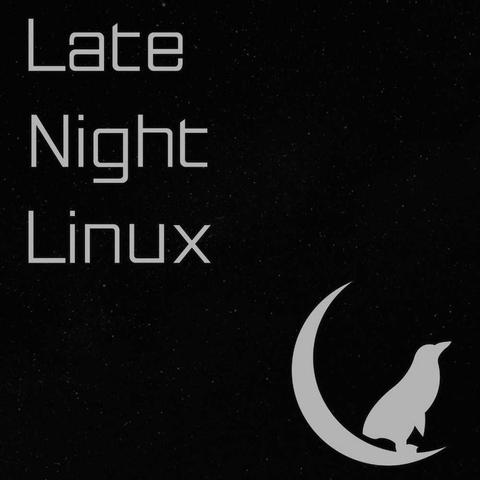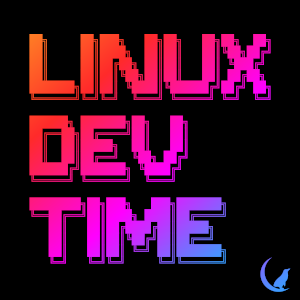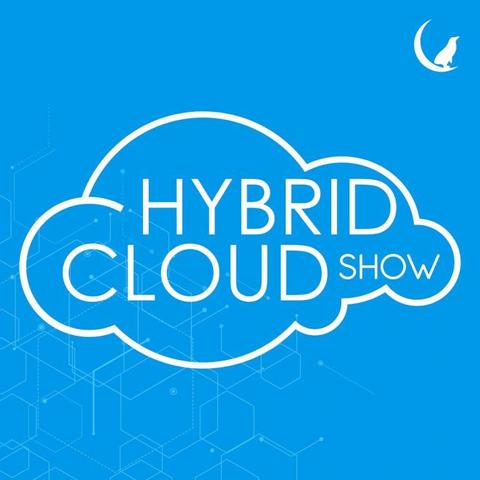How much observability and monitoring is really needed, the tooling people actually use (from Datadog and Grafana Cloud to open source options like Prometheus, Loki, and Tempo), and how to approach observability without overcomplicating things.
Podcasts about Linux, open source, systems administration, development, and cloud.
2.5 Admins 253: ImpossibleFS
Jim is concerned that we might not see another next-gen filesystem that can compete with ZFS, no matter how much we all want one. Plus whether you should switch to third-party firmware on your router.
Episode 58 of Linux Matters: The Very Hungry Caterpillar 🐧️🎙️
Martin gets his Linux all rusty, Alan continues day trippin’, and Mark makes a timelapse.
Making music with code in real time, fancy rsync, an open source real time strategy engine, advanced print debugging, EU-based DNS resolvers, and European government departments moving away from Microsoft and they might stick with Linux and FOSS this time.
@paradroyd that was discussed in the episode. 👍
It’s the £50 Linux machine challenge! We all had a budget of 50 GBP (~65 USD) to buy the best computer we could find to run Linux.
2.5 Admins 252: Nintendon’t Back Up
Nintendo cuts off Switches that dare to play backed up games, more Microsoft AI exploits, why you shouldn’t regularly spin down hard drives, and securing applications on a home server.
OggCamp, the unconference for open source and free culture enthusiasts returns in 2026.
🗓️ Save the date and join us, once again, at The Manchester Conference Centre on April 25th and 26th.
👀 Keep an eye out for the Call for Papers and ticket announcements soon! 🎟️
#Oggcamp #OggCamp2026 #OpenSource #TechConference #Manchester
X11 is basically dead (again) and we are quite pleased, the Linux Foundation sets out to fix the WordPress mess and some of us are cynical, custom ROMs for Pixel phones are going to be much more difficult to make, Apple is adding proper OCI containers to macOS, and more.
How we deal with complex projects involving non-technical people as well as developers. How to manage expectations about timing, how to deal with issues, why documenting conversations is important, and more.
After over 10 years of using Synology appliances for his backups, Gary has had enough of their shenanigans and needs to rethink his whole setup.
2.5 Admins 251: OversharePoint
SharePoint is exploitable by Microsoft’s AI, NIST proposes a new metric for exploited vulnerabilities, SBCs that look cool for a mini NAS and a router, and setting up a first NAS with 4 disks.
Episode 57 of Linux Matters: Nerdy Day Trips 🐧️🎙️
Martin heists disk space from GitHub. Alan reboots a very nerdy website. Mark has been punishing his Steam Deck.
Redis finally picks the right licence but it’s probably too late, the Ubuntu release process is being modernised, GNOME drops X11 for good and gets a new Executive Director, the Android Desktop mode is officially happening, and Linux Format magazine is no more. Plus a cool Frigate update, auto dark mode in Plasma, and Fender’s new audio workstation is released for Linux.
https://latenightlinux.com/late-night-linux-episode-337
#podcast #linux #opensource
Some of our hot takes and some from other people. Your OS is a passive gateway to apps and services, OSTree sucks, when you need to reboot Ubuntu is a mystery, stop hiding things from users, Chris needs an “I use Debian by the way” t-shirt, and more.
2.5 Admins 250: Better RAIDz?
Google bypasses the usual channels to distrust two certificate authorities, Meta’s new escalation in the privacy arms race, Allan gives us the inside details of a new mixed-disk-size ZFS RAID feature, and moving from UniFi gear to TP-Link.
@platymew @allanjude hi. Can you please email us with your questions? Thanks.
Mozilla kills Pocket and Fakespot, SteamOS is now available for devices other than the Steam Deck, Nextcloud’s Android app was missing key functionality until they made a public stink about it, WSL is now open source, there’s a new open source command-line text editor in Windows, and more.
What are the fundamental ideas and components of development and programming?
When should you consider using a third-party management tool, rather than just the ones built into your cloud of choice?
